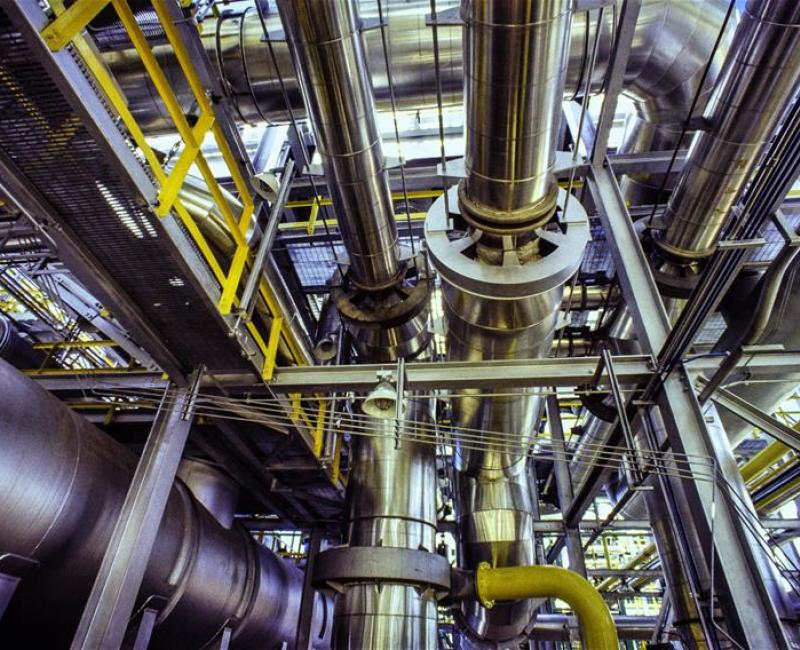TEN-E
What is it about?

The TEN-E Regulation introduced the so called “Projects of Common Interest" (PCIs). PCIs are infrastructure projects which have a significant impact on the EU electricity and gas systems, and help the EU achieving its energy policy and climate objectives: ensuring affordable, secure, and sustainable energy for all citizens.
PCIs also play a key role in the long-term decarbonisation of the economy in accordance with the Paris Agreement.
The PCI label helps accelerating the planning, streamlining permit granting and thus facilitating faster commissioning of projects, which bring the highest value to the European consumer.
Every two years, the European Commission draws up a list of PCIs, starting with the first list in 2013.
In April 2022 the fifth PCI list entered into force, with 98 projects in total: 72 electricity transmission, storage and smart grid projects, 20 gas and 6 CO2 network projects.
On 3 June 2022, the revised TEN-E Regulation was published in the Official Journal of the European Union.
The new Regulation, among others, aims to:
- conform the infrastructure development to reflect the climate mitigation’s targets,
- promote the integration of renewables and of clean energy technologies into the energy system,
- continue to connect isolated regions,
- strengthen existing cross-border interconnections and
- promote cooperation with partner countries.
What's the role of ACER?
ACER participates in the identification of projects of common interest (PCIs) and monitors their implementation annually.
In addition, the Agency contributes to:
- Developing cost-benefit analysis methodologies to identify the best projects from a socio-economic perspective
- Providing guidelines to facilitate the allocation of projects' costs across borders (CBCA)
- Creating a cooperation framework for NRAs to establish and publish a set of unit investment cost indicators and corresponding reference values for gas infrastructure
- Sharing best practices on regulatory incentives.
ACER has also proposed legislative changes to improve the planning and implementation of electricity and gas infrastructure and their governance, based on its experience with the implementation of the TEN-E regulation.
Position Papers on TEN-E revision
The European Commission is developing legislative proposals (as part of the Grids Package) to improve and simplify the current legal framework. This includes the revision and simplification of the 2022 Trans-European Energy Networks Regulation (TEN-E Regulation), a key framework for the European energy infrastructure development.
On 19 September 2025, ACER published a position paper on improving and simplifying the legal framework on European grids.
In March 2021, ACER and CEER published a position paper to set out recommendations on 6 main issues. The paper calls for neutral and independent technical assessment of infrastructure projects and improved regulatory oversight so that the projects bringing most benefits for the European Green Deal are supported and to avoid any risks of unjustified costs to European consumers.
When the European Commission's revised TEN-E Regulation proposals were published in December 2020, ACER and CEER flagged up the need for further improvement for energy network development (see the ACER-CEER Press Release).
Already in July 2020, ACER and CEER set out their recommendation to the European Commission (as it began developing its proposals on revising the Trans-European Energy Networks Regulation) in a Position Paper on the Revision of the Trans-European Energy Networks Regulation (TEN-E) and Infrastructure Governance. The proposals highlight how the legislative changes could improve the planning and implementation of electricity and gas infrastructure. The paper also advises on improving the infrastructure development governance, the principles for PCI scope, and the TEN-E processes.
Previously, ACER issued two other Position Papers (2016) and (2017) about possible improvements of the European framework for energy infrastructure development related to the TEN-E Regulation.
